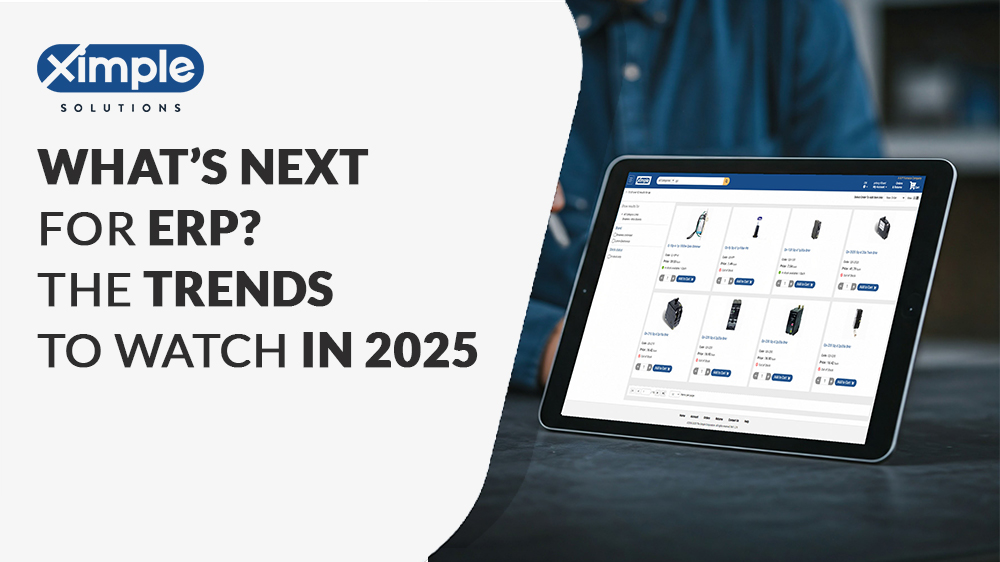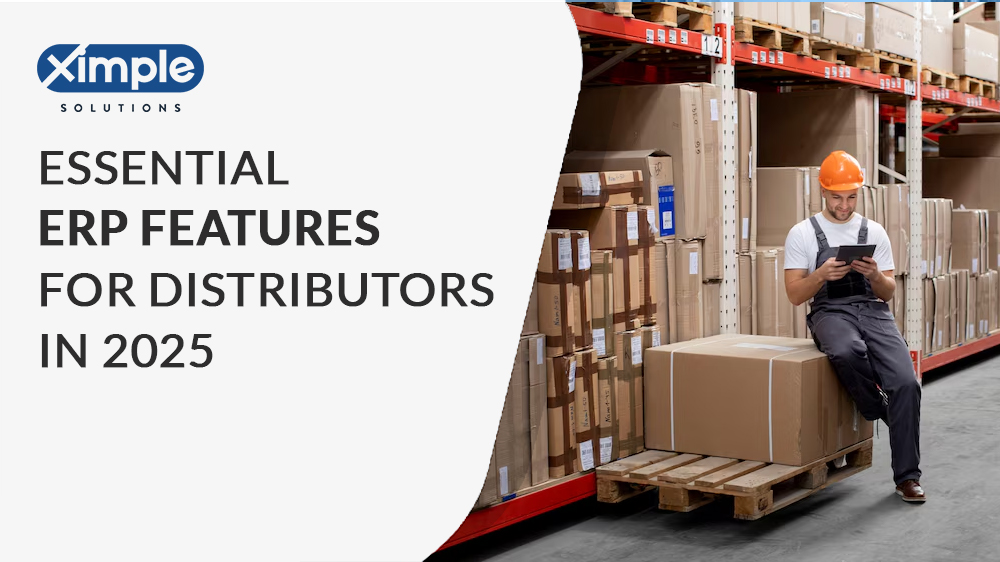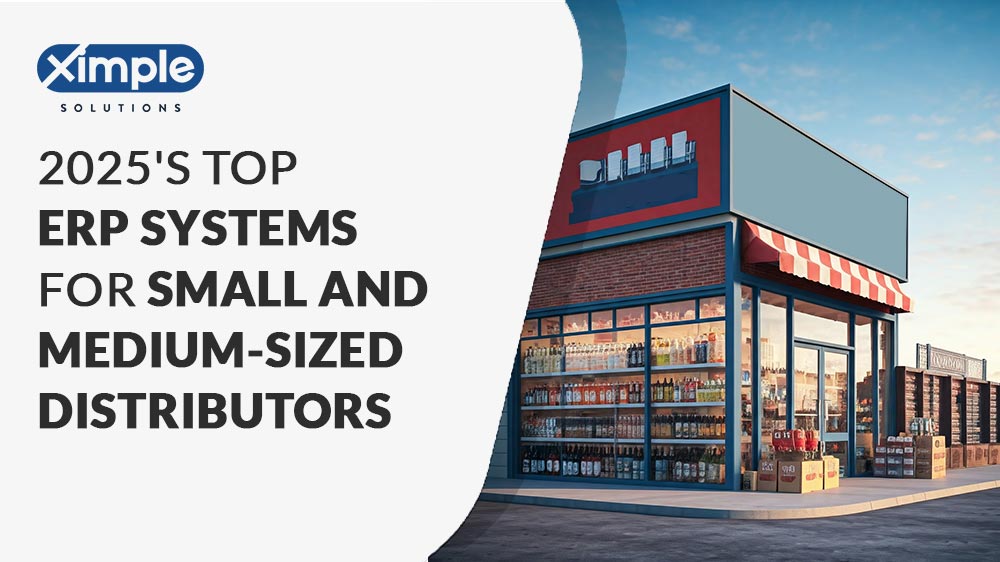
Top ERP Trends to Watch in 2025
Enterprise Resource Planning (ERP) systems continue to evolve, incorporating cutting-edge technologies to enhance efficiency, decision-making, and scalability. As we move into 2025, distributors and wholesalers must stay ahead of the curve to remain competitive. This blog explores the top ERP trends shaping the future of the industry. Table of Contents Introduction AI-Powered ERP Solutions Cloud-First […]
Read More

Top 5 ERP Features Every Distributor Needs in 2025
Distributors today face increasingly complex supply chains, growing customer demands, and the need for efficient, cost-effective operations. With the rise of e-commerce and digital transformation, a robust Enterprise Resource Planning (ERP) system has become essential for distributors in industries like electrical, plumbing, HVAC, and pharmaceuticals. As we move into 2025, it’s clear that distributors must […]
Read More

Best ERP Systems for Small and Medium-Sized Distributors in 2025
Introduction: The Role of ERP in Small and Medium-Sized Distribution Businesses In the fast-paced world of distribution, staying competitive requires more than just efficient logistics and inventory management. Small and medium-sized enterprises (SMEs) in the distribution sector are facing increasing demands for real-time data, seamless supply chain integration, and customer-centric operations. Enterprise Resource Planning (ERP) […]
Read More






